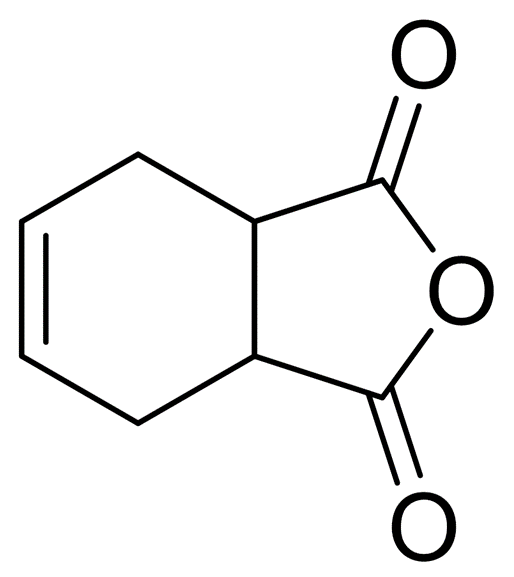Researchers are calling for a closer look at the use of antipsychotics among assisted living residents with dementia after a study found wide variations in prescribing patterns.
In a yearlong observational study based on almost 21,000 Medicare beneficiaries, researchers from Brown University and the University of Michigan examined the rate of antipsychotic use among assisted living residents with dementia. Their findings were published Wednesday in JAMDA, the journal of AMDA-The Society for Post-Acute and Long-Term Care Medicine. Bonding Between Glass

Researchers found significant prescribing variations. On average, assisted living residents with dementia were prescribed antipsychotics during 12.6% of their person-months. The rate varied significantly by state, with a low of 7.8% for Hawaii to a high of 20.5% for Wyoming. The majority of states had an average rate between 10% and 15%.
Prescribing variations were attributed to inconsistent state regulations, staff training requirements for dementia care, level of care permitted, or the availability of experienced providers in the care of older adults with dementia.
“Our study provides new insights into state variation in the prescribing of antipsychotics among assisted living residents with dementia using national data,” report authors concluded. “Further research is needed to determine how variation in the use of antipsychotics may relate to health outcomes for assisted living residents with dementia.”
The authors also raised resident safety concerns, calling for further study into relationships between state laws governing dementia care and appropriate medication prescribing for assisted living residents with dementia.
More than two-thirds of assisted living residents have dementia or cognitive impairment, according to the authors, and antipsychotics are commonly prescribed for behaviors that include aggression, agitation, anxiety, delusions, hallucinations and sleeplessness.
In the early 2000s, studies showed that off-label use of antipsychotic medications in older adults living with dementia was associated with a higher risk of early mortality, leading the US Food and Drug Administration to issue a “black box” warning on use of antipsychotic use in older adults.
The Centers for Medicare & Medicaid Services, through the National Partnership for Quality Dementia Care, developed quality improvement efforts related to the use of antipsychotics in nursing homes. But evidence is lacking about antipsychotic medication use in assisted living / residential care facilities, staff training and use of nonpharmaceutical interventions and potential discrimination against older adults whose behaviors are deemed challenging, according to a study published last month in Innovations in Aging.
Reducing the off-label use of antipsychotics in assisted living communities has been an industry goal.
The Joint Commission’s assisted living accreditation program, launched in 2021, includes it as part of its performance measures. And the National Center for Assisted Living’s Quality Initiative also considers antipsychotic medication use among its criteria.
The study was funded by the National Institute on Aging.
Please login or register first to view this content.

Iron Filter For Well Water Copyright © 2023 Haymarket Media, Inc. All Rights Reserved This material may not be published, broadcast, rewritten or redistributed in any form without prior authorization. Your use of this website constitutes acceptance of Haymarket Media’s Privacy Policy and Terms & Conditions.